
As he steps into the pivotal role as AIA Canada chair, Tony Kuczynski brings a wealth of experience and a deep passion for the automotive industry, a journey that began as a licensed technician.
When someone takes over a leadership role, there is usually one, maybe two, big challenges awaiting them. But as Tony Kuczynski moves in as chair of the Automotive Industries Association of Canada, he realizes that there are plenty of obstacles facing the industry.
“There’s no shortage of issues that we are facing — the challenge is all the challenges. There are so many of them,” Kuczynski said in an interview with Jobber News.
And he’s seen many changes and hurdles throughout his automotive aftermarket career. He’s the very definition of a lifer — Kuczynski is a car enthusiast whose journey in the auto care industry is a testament to his enduring passion for cars and his commitment to excellence. From his early days as a heavy equipment mechanic to his current role as president and CEO of Mister Transmission, Kuczynski has always been driven by a love for the automotive world and desire to see the industry and the people working in it grow and succeed.
And he’s ready to continue and build on the work he’s established during his time on the association’s executive board, looking to draw on past experiences to shape the future of the industry.
“Customer satisfaction should be at the heart of everything you do. Listen to your customers, understand their needs, and go the extra mile to exceed their expectations.“
Career path
Kuczynski’s interest in cars and vehicle repair started at a young age.
“I’ve always been an automotive enthusiast. I’ve always liked cars. So that started really early,” he said. “I started repairing cars before I could drive.”
This early passion took him to a technical vocational high school and an apprenticeship, which led to Kuczynski becoming a licensed heavy equipment mechanic.
Despite his love of being a technician and working under the hood of vehicles, Kuczynski felt a pull towards the business side of the industry. He realized he could do more by leading teams.
“I was working as a technician. I was watching my service manager at the time, and I thought, ‘What do I have to do to get his job?’” Kuczynski recalled.
This realization prompted him to pursue a business degree, which eventually led to management roles at Carquest and Canadian Tire. At the former, Kuczynski managed corporate and independent stores across Ontario. He also lived through the acquisition by Advance Auto, gaining firsthand knowledge of the process of consolidation — a trend that has been accelerated throughout the industry in recent years.
At Canadian Tire, he served as the automotive vice president, overseeing tires, parts, accessories and auto service. It was during this time that he first served on the board of AIA Canada.
For more than seven years now, Kuczynski has been at the helm of Mister Transmission, leading the company through significant growth and expansion. The company has locations from coast to coast, expanding strategically.
“Building the Mister Transmission team, repairing cars across the country, gives me a lot of satisfaction,” he said.
Kuczynski’s career path is marked by a series of strategic moves and a commitment to continuous learning. His transition from a hands-on technician to a business leader was driven by a desire to make a broader impact.
“As a technician, I could repair one vehicle at a time,” he said. Instead, he can now lead teams and drive broader success for people and the auto care sector.
“It’s about leadership,” Kuczynski said. “I’ve been a coach, a leader for most of my career in the automotive space. Great leaders understand how to motivate people and they understand customer service. The rest kind of falls into place. So you look after your customers, you look after your business and you’ll have a great business.”
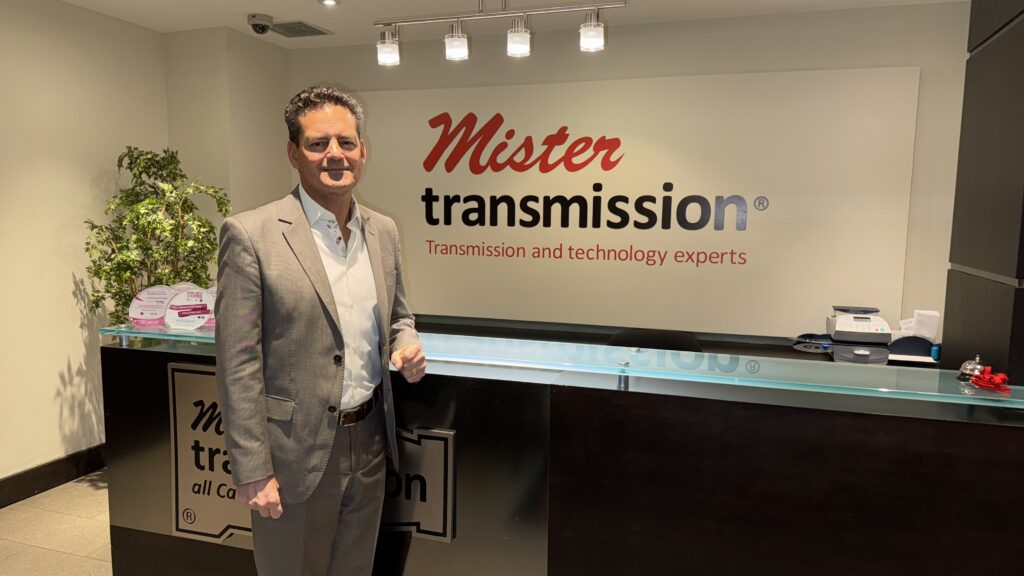
Lessons learned
Throughout his career, Kuczynski has learned valuable lessons about leadership and business.
“People do business with people,” he said. “Strong teams create successful businesses, and those strong teams are led by strong leaders.”
Kuczynski believes that great leaders understand how to motivate people and prioritize customer service. In an age of changing consumer behaviour and talent demands, he noted, it’s essential for people in his position to instill a strong tone from the top.
“Customer satisfaction should be at the heart of everything you do,” he said. “Listen to your customers, understand their needs, and go the extra mile to exceed their expectations. This will build trust and loyalty, which are essential for long-term success.”
It’s further notable that Kuczynski went back for education in business after learning how to wrench. As many shop owners are former technicians, the opportunity for formal business training typically comes after they’re in the leadership role.
Understanding the business side of owning a shop is critical to Kuczynski, pointing out that many of his Mister Transmission franchisees are business professionals who have never worked in the bays.
“The skills to run a business, they’re very different from the skills required to actually fix cars,” he explained, stressing the need for leadership, business skills and customer service skills in running a successful automotive business.
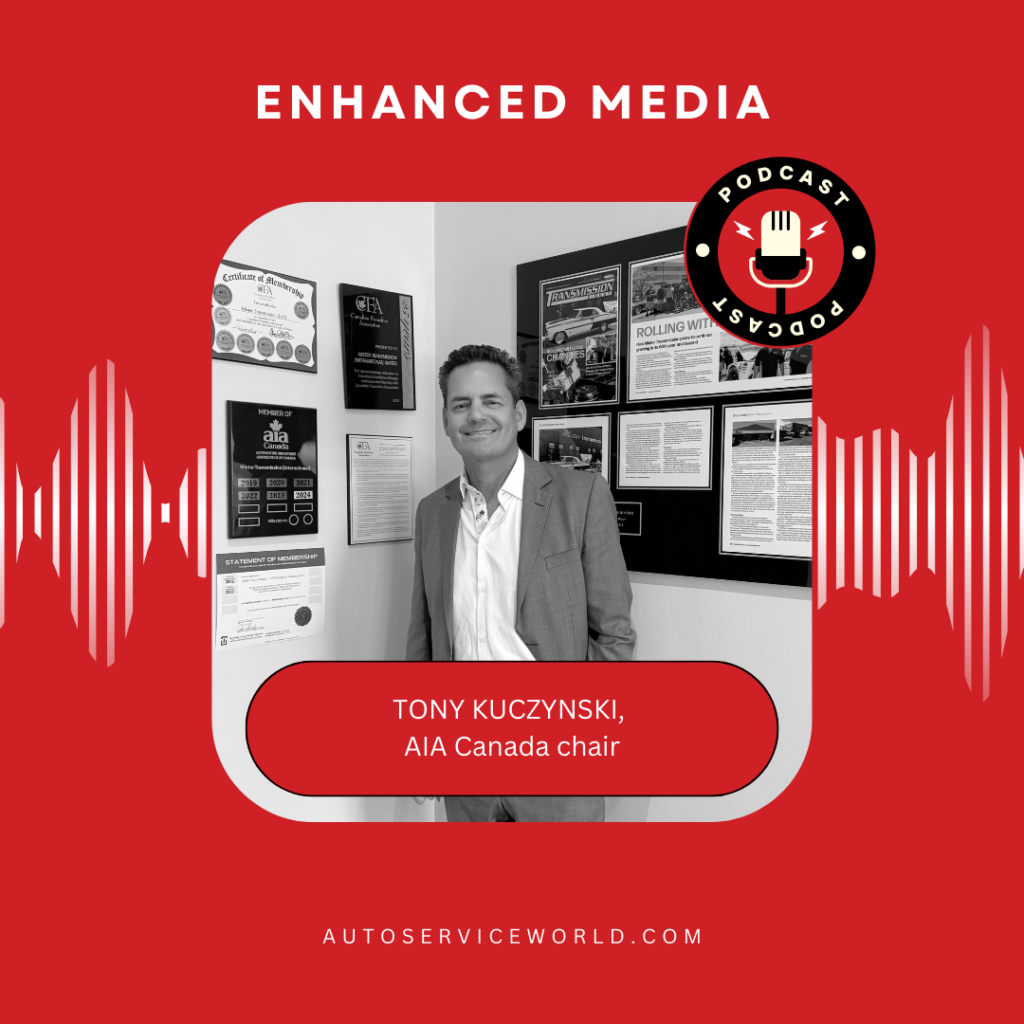
One of the key lessons Kuczynski has learned is the value of adaptability. This skill has been crucial in navigating the challenges posed by advancements in vehicle technology and changing customer expectations.
Kuczynski also emphasizes the importance of integrity in business, as well as understanding customer service.
“Do some technicians and mechanics have those skills and can they learn those skills? Well, certainly — I’m one of them [and] an example of that. But they are very, very different skills,” Kuczynski said.
He pointed out that when looking at a candidate to be a franchisee with his company, he wants them to have those customer service, leadership, financial and business acumen skills. If they know one side better than the other, the rest can be taught.
“You don’t have to actually repair or rebuild the transmission, but you need to understand it to really support the business,” Kuczynski said.
“I consider it a challenge and an honour to serve as the chair for the AIA Canada board. It’s such a wonderful organization.”
Role with AIA Canada
It’s these experiences, beliefs and lessons that Kuczynski will bring with him as the chair of AIA Canada, as the industry faces mounting challenges.
“I consider it a challenge and an honour to serve as the chair for the AIA Canada board,” he said. “It’s such a wonderful organization.”
Kuczynski is acutely aware of these challenges, one of the most pressing issues being right to repair, which ensures that independent repair shops have access to the tools and information needed to fix modern vehicles.
He was part of the AIA Canada board more than 15 years ago when this very debate first came around, leading to the signing of CASIS, the Canadian Automotive Service Information Standard. While that is a voluntary agreement, the auto care industry is pushing for a legislated solution that takes into account the technological advancements in vehicles. Last fall, a pair of federal bills passed that eased restrictions around copyright laws but did not explicitly mention the auto industry, nor is there any proper enforcement or penalties when there is failure to comply. Kuczynski is optimistic that a solution can be found.
“We had success back in 2008. And while it may be a slow and tough process, I know we can have success again,” Kuczynski said. “And again, it’s small wins. It’s understanding the players and making progress on all of them.”
And this is a key topic for the auto care sector, one that will ensure the viability of the industry and protect the people working in it.
“It’s certainly a priority,” he said of work that leads to a legislated right to repair solution. “I think most people understand it but making sure that it’s top of mind and we get that support — not only at AIA but at our boards, at our divisions and at the grassroots in our shops.”
Then there’s the technology side of things. But that’s a broad category — dig deeper and there are many branches. One being technological advancements, such as autonomous and electric vehicles. Another being items like advanced driver assistance systems becoming more prevalent in vehicles.
“The technology just keeps coming. And helping our members adapt to that is critical,” Kuczynski noted.
Additionally, geopolitical challenges, including tariffs and trade policies, require careful navigation. At the time of writing, threats around tariffs on many Canadian goods came to fruition, plus further tariffs on Canadian steel and aluminum. Those working in the aftermarket are turning to its national association for guidance and support.
“The aftermarket, the auto care industries, need an association to advocate on behalf of the whole industry,” Kuczynski said. “Not one single company can do what the AIA does as well as the AIA can do it. And in terms of their expertise and their capabilities. There’s no one better.”
Then there’s the skilled labour shortage. Having a chair with a technician background and one representing those fixing and repairing vehicles is not all that common at AIA Canada — so Kuczynski offers a unique perspective and experience.
Nevertheless, Kuczynski believes the industry is at a critical juncture and AIA Canada has to be the guiding light for its members.
“[There] has never been a more important time to have an association like the Automotive Industries Association of Canada. What it does in terms of promoting, educating, training and, most importantly, advocating on behalf of the car care industry in Canada — It’s critical.”

Future of the industry
Looking ahead, Kuczynski sees endless possibilities for the auto care sector. The above-mentioned challenges are indeed significant. But if cleared or properly managed, there is a lot of potential for success.
“The number of cars on the road is not going to get smaller. It’s going to continue to get larger. The age of the cars is going to continue to grow, and the need for repairs will continue to grow,” he pointed out.
Indeed, Canada’s car parc is growing with about 26.7 million light vehicles in operation. That’s up from 26.3 million from 2022, according to Stats Canada data. Canada’s average vehicle age is 10.5 years.
But changes will still be afoot. Notably, there will be continued consolidation as larger players absorb the smaller ones.
“So we are seeing a diminishing number of shops. But the shops that are still here and growing, they’re getting stronger and more professional,” Kuczynski said. “Five years from now, I see stronger, more professional [shops with] better systems, better technology, technicians that have more training — they understand electronics and technology and repairs — and I see them better paid.”
Kuczynski is optimistic about the future, particularly with so much technological development ahead in terms of how business can be done. He envisioned a future where technology plays an even greater role in the automotive repair and maintenance industry, especially around artificial intelligence.
“AI fascinates me,” he said. “Its ability to diagnose problems on cars — we’re using it today for diagnostics. Its ability to solve problems. Its ability to handle incoming calls, outgoing calls. It’s going to change the industry the way the phone has developed.”
“So every day you got to challenge yourself. Learn something new. Don’t be afraid to change. Realize what worked yesterday doesn’t necessarily work today.“
Advice to the industry
As is traditional when profiling the incoming AIA Canada chair, Kuczynski was asked what advice he would give to industry professionals. Simply: Always be learning.
“Learning and adapting and challenging yourself has never been more important. The world is changing so fast,” he said.
Admitting that it might be cliché to say, Kuczynski said he wakes up every morning excited to learn something new.
“Whether it’s learning something from somebody on one of our stores or talking to another colleague in the industry,” he said.
And constantly learning is part of the industry’s DNA. And this is an industry used to change — there’s no reason for anyone to stick their head in the sand. Understand the environment and adapt, Kuczynski urged.
“Some people are afraid of technology and afraid of change. I would say most people in the automotive industry are not that way because we started out Mister Transmission 61 years ago fixing rear wheel drive cars. Then it went to front wheel drive cars, then all wheel drive cars, then CVTs, then hybrids, now EVs,” he said.
“So every day you got to challenge yourself. Learn something new. Don’t be afraid to change. Realize what worked yesterday doesn’t necessarily work today.”
Kuczynski also encouraged industry professionals to embrace innovation. “Be open to new ideas and approaches,” he said. “Innovation is the driving force.”
This article originally appeared in the March issue of Jobber News

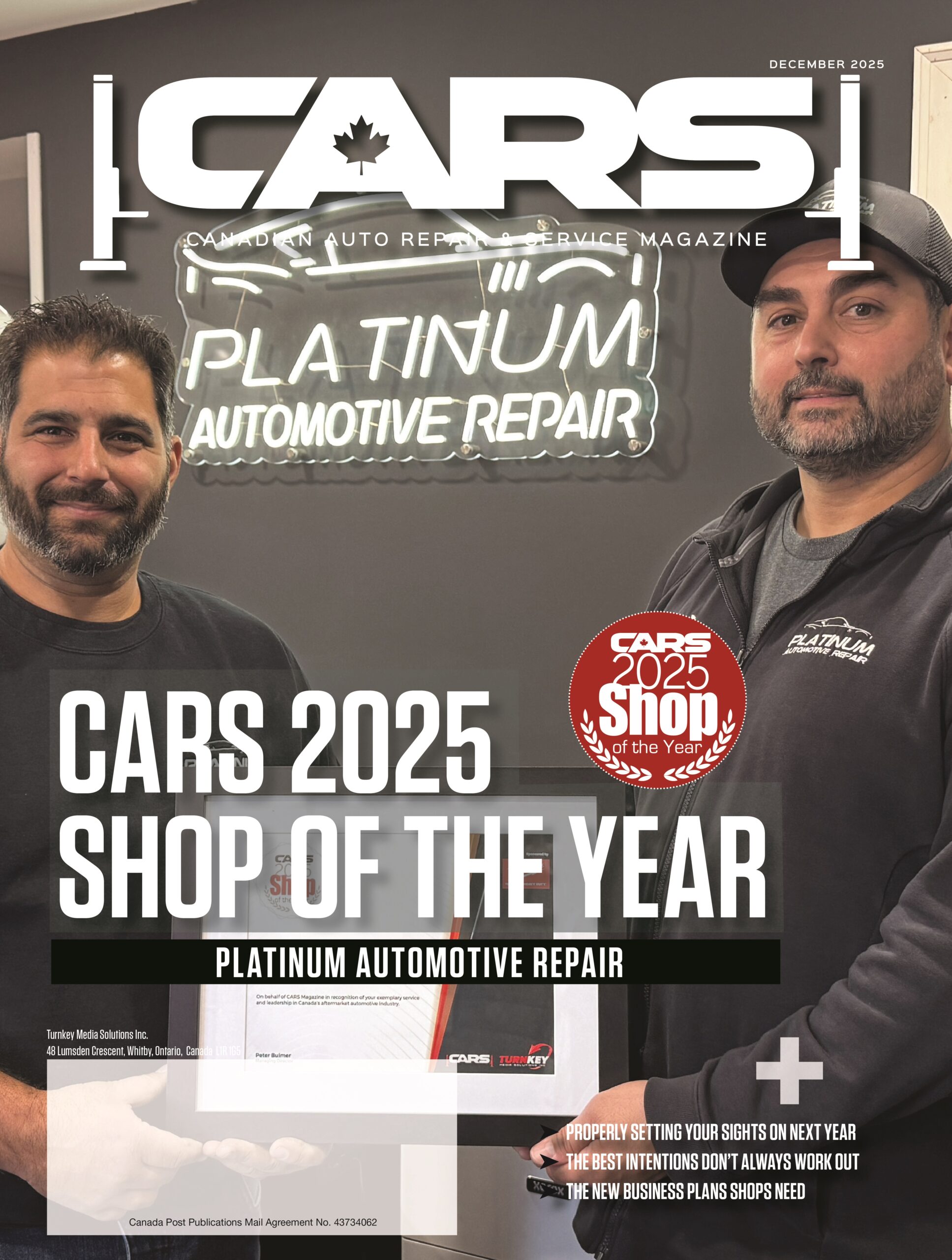
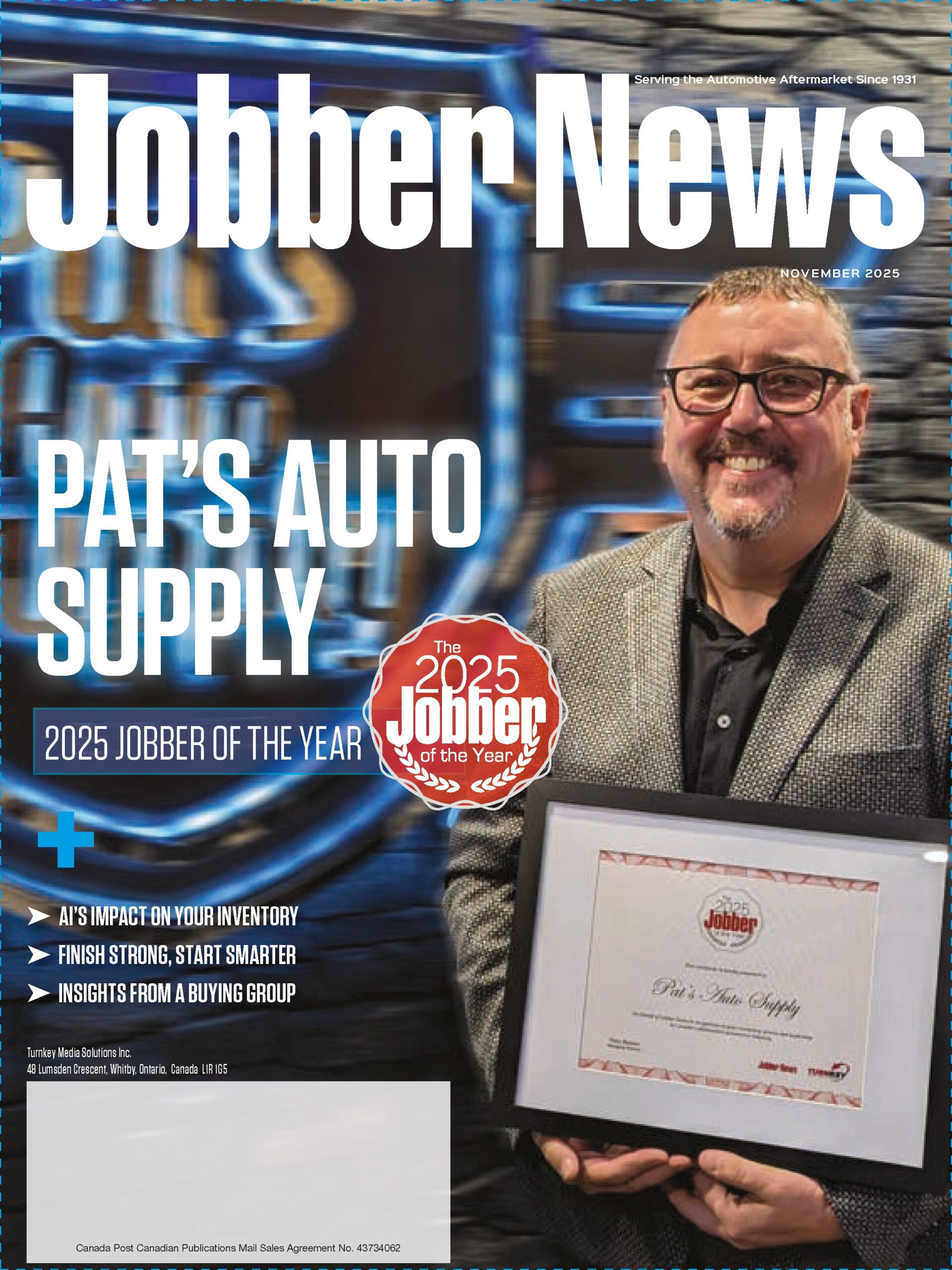
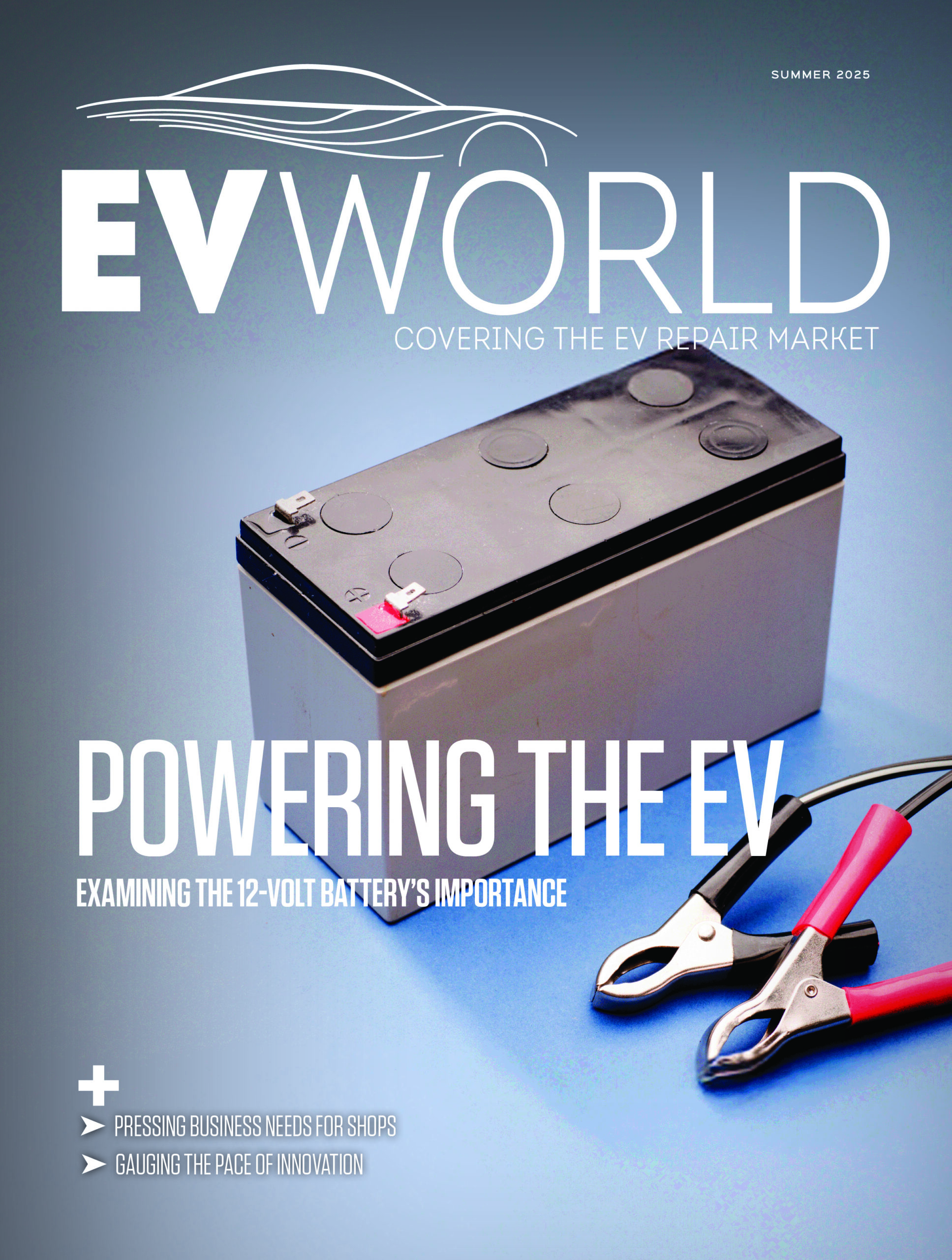


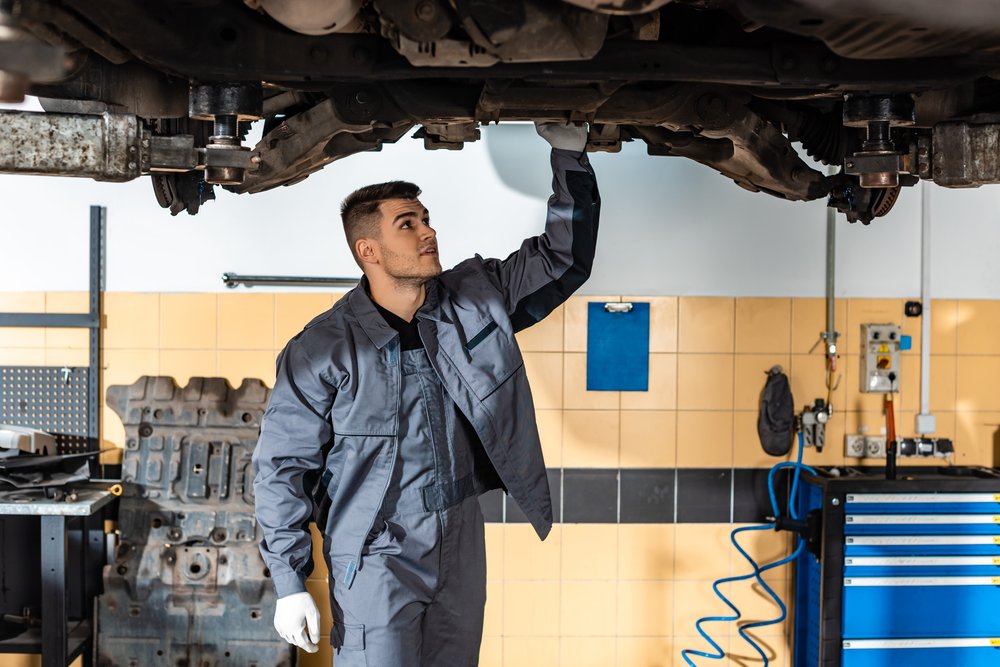
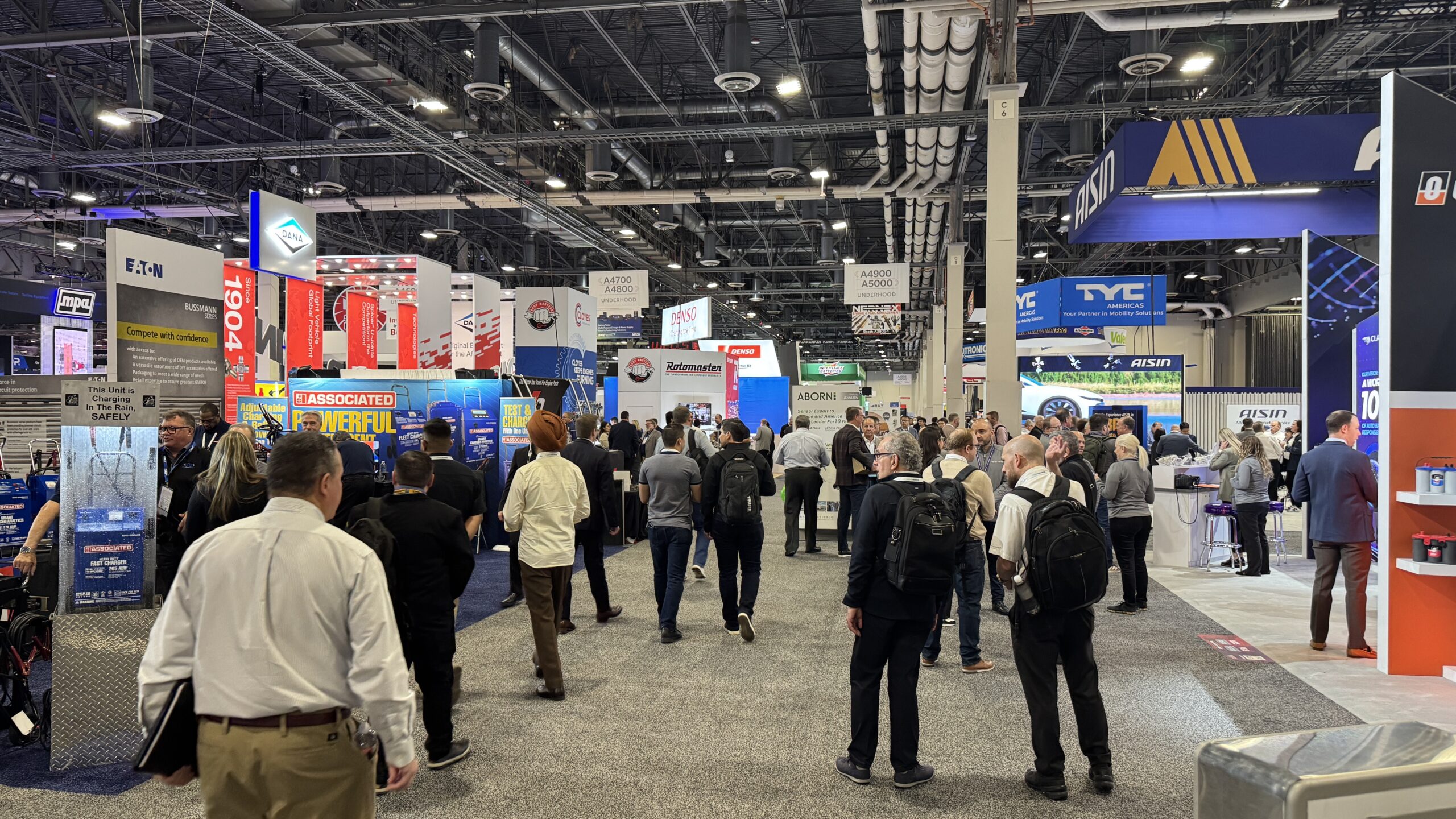
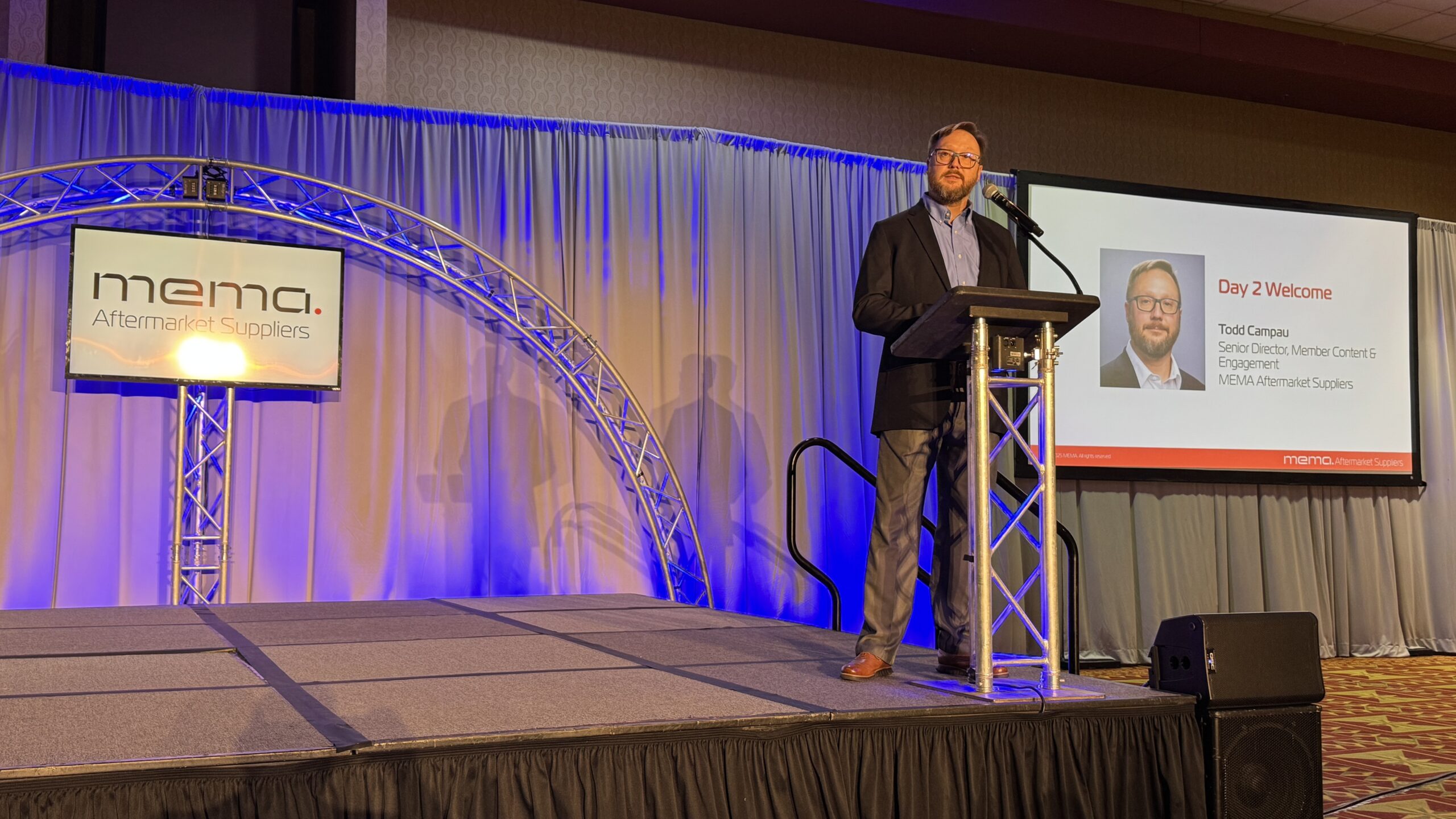

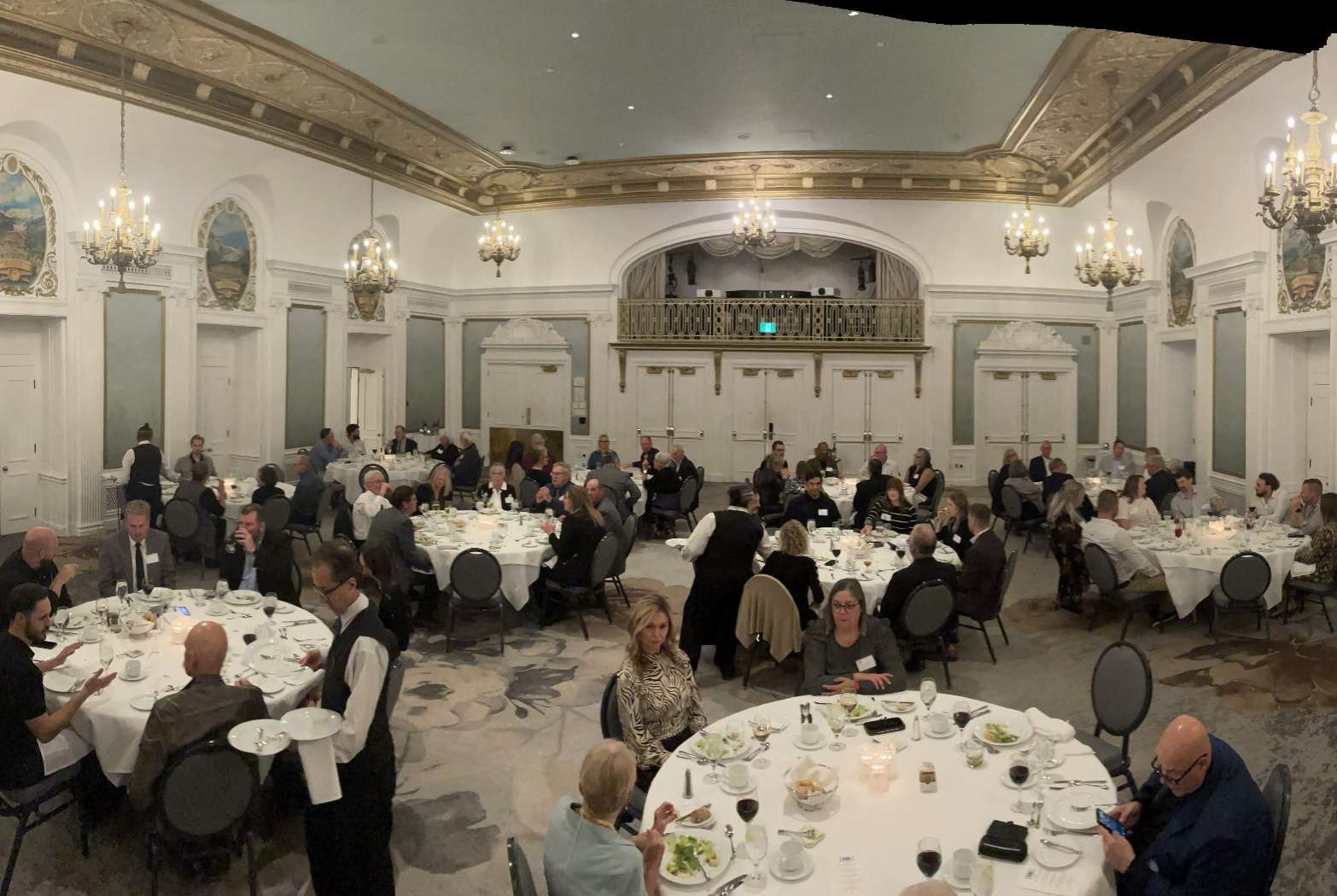
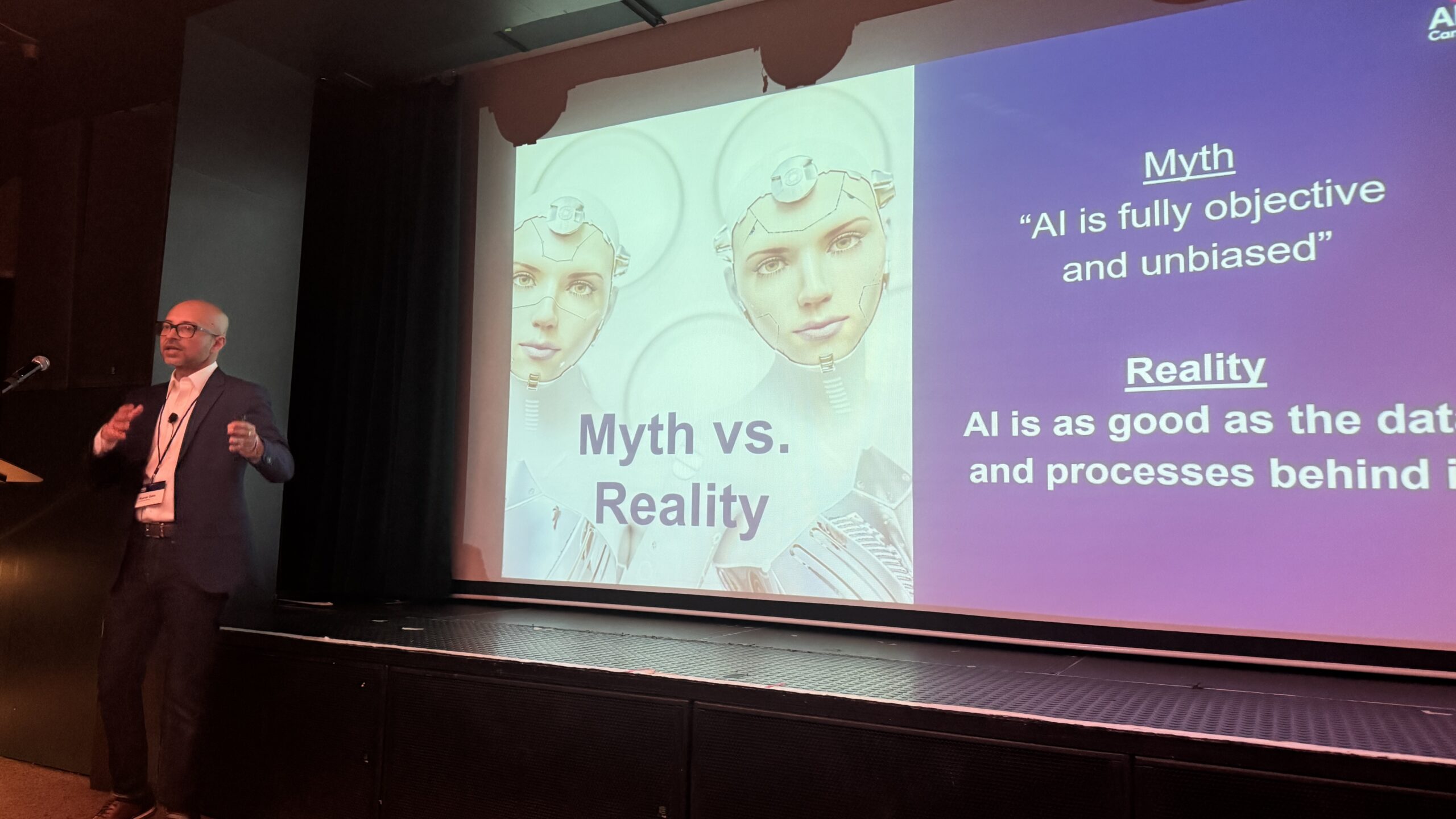

Leave a Reply